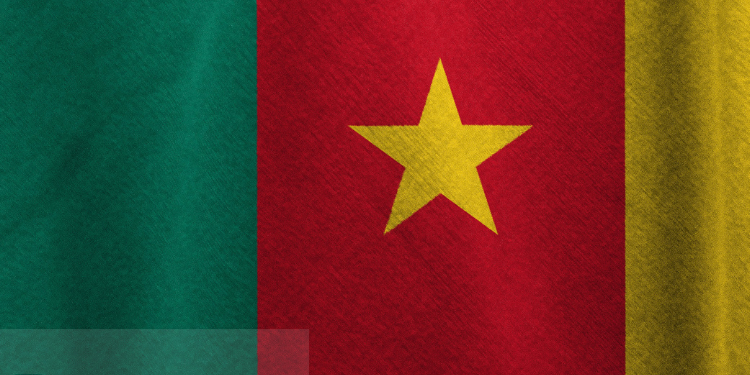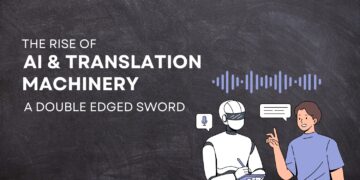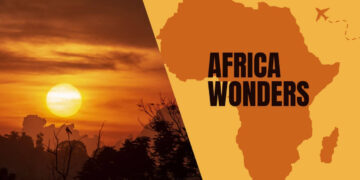“I hardly use English in my daily interactions. I speak Camfranglais throughout and only switch to English when I am conversing with friends from other countries or during formal meetings.” — Felix Sidoine, a Cameroonian youth.
As you may be aware, the Republic of Cameroon, located in Central Africa, has English and French as official languages. In addition to its official languages, Cameroon is a linguistic wonderland, with more than 250 local languages spoken by various ethnic groups.
With Bolingo’s several engagements in Cameroon, through which we developed the Cameroon Localization Guide, we noted the efforts being put in place to help all Cameroonians become bilingual and express themselves in both English and French. But in the ’70s, a unique language known as “Camfranglais” emerged which according to some youth was originally identified with people in the “ghettos.” Today, Camfranglais has grown to become the main medium of communication and a linguistic identity for youth in Cameroon.
Wikipedia describes it as a vernacular of Cameroon, containing grammatical and lexical elements from Cameroonian French, Cameroonian English and Cameroonian Pidgin English, in addition to lexical contributions from various indigenous languages of Cameroon.
We found these two interesting characteristics of this special linguistic identity…
- Fusion of English, French and indigenous languages:
Camfranglais is simply a hybrid of French, English and other local languages and is spoken by urban youth especially university graduates and secondary school students. A recent research refers to it as a new linguistic phenomenon comprising a combination of elements drawn from Cameroon indigenous languages (“cam”), from French (“fran”), and from Pidgin English (“anglai”). A typical example is “Tout le monde hate me, wey I no know pourquoi” translated to English as “everyone hates me but I don’t know why” and into French as “Tout le monde me déteste, mais je ne sais pas pourquoi” Also, in Camfranglais, “Je vais te see tomorrow” means “I will see you tomorrow” in English. Which is translated into French as “Je vais te voir demain”.
- Endless Vocabulary
The vocabulary in Camfranglais is endless with new words coming up every day. “We don’t have boundaries as to which words to use but the interesting thing is that we always understand ourselves,” Felix added. Even though it is used in written communication, there are no strict rules for spelling a particular word, as people write based on how they speak it. It is also more popular in francophone Cameroon which accounts for eight out of the ten regions of Cameroon.
Most youth explain that some parents discourage their children from speaking Camfranglais due to the fear of it jeopardising the children’s ability to master English and French. However, some older people including politicians use Camfranglais in order to appeal to the youth.
In fact, Camfranglais is a very important means of communication for youth in Cameroon and these youth hope that one day it can be recognised as a national language as shown through efforts by youth to document this linguistic identity. Cameroun mon pays — Dictionnaire camerounais is an online dictionary that was created by a blogger to guide social media and internet users to use Camfranglais in everyday interactions.










